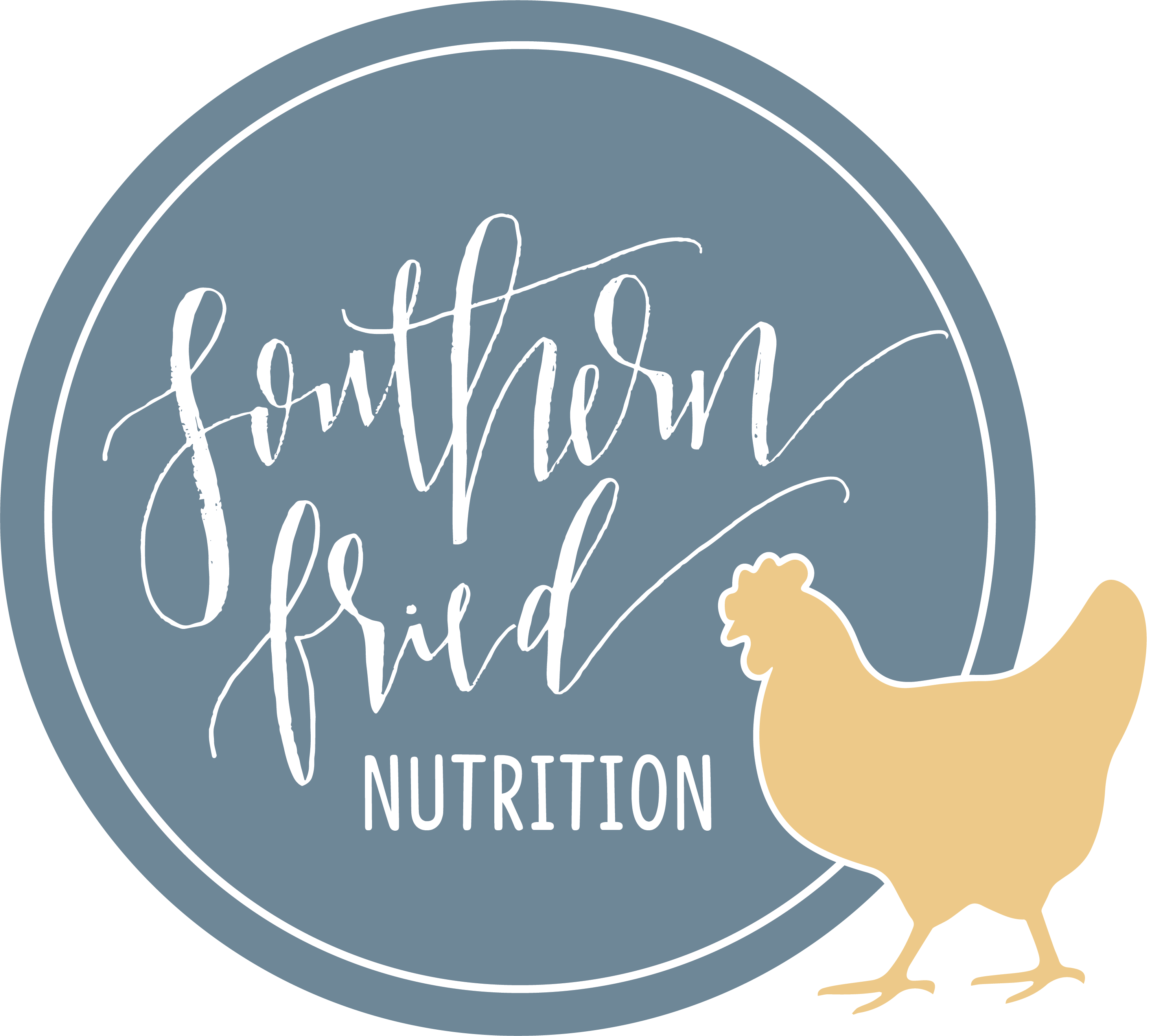As a registered dietitian, and especially one that focuses on food allergies, I am constantly hearing friends and acquaintances talk about eliminating foods from their diet. Some of this might be because I’m hyper-sensitive (pardon the pun) to the subject. But some of it is as the result of the zealousness with which our culture tries to convince us that there’s something wrong with us and that we must be able to cure ourselves with food – eliminating one or more foods short or long-term is more common than ever. In some cases, this is absolutely necessary, but many times it isn’t. The truth is that only about 4% of Americans has a food allergy. Intolerances and sensitivities could be higher, but we don’t really have good statistics. Some speculate that as many as 20% (or 1 in 5) might have IBS and food can certainly exacerbate symptoms for some people. In all cases, nutrition therapy should be personalized. I have found that many people are far too quick to assume food intolerances or allergies when it comes to a host of symptoms, including digestive discomfort (constipation, diarrhea, bloating), attention and focus issues, headaches, fatigue, aches and pains, and other general symptoms.
First, if you think you may have an allergy, see a board certified allergist. A trained allergist should be able to help walk you through the diagnostic process and reduce the chance of unnecessarily eliminating foods from your diet. Skin and blood tests should only be used for foods that you have had an issue with – so your personal food/symptom history should guide testing (no testing should be done for foods that you haven’t had an issue with). Panel testing (where dozens of foods and ingredients/chemicals are included) is not recommended. AND, blood and skin tests only indicate the likelihood of having a food allergy; they’re not diagnostic all by themselves. This means that even if you have a positive skin or blood test, if you don’t have symptoms when you eat a food, you aren’t allergic to that food. Celiac disease is properly diagnosed using a blood test and biopsy.
Assuming that you do not have a food allergy or Celiac disease, it’s really important to tread lightly when considering eliminating foods from your diet. Here are some reasons that eliminating foods from your diet should be carefully considered:
- There are ZERO proven, peer-reviewed tests for diagnosing food intolerances. You cannot do a blood, hair, skin, strength, aura, iridology, or kinesiology test to determine if a food intolerance exists. The only valid test for an intolerance is a hydrogen breathe test for milk. Several bogus tests (such as Pinnertest, mediator release test, and even a test sold through Groupon!) are heavily marketed through alternative practitioners and even some registered dietitians promote these tests.
[Instead of spending money on these junk tests, spend the money on a consult with an evidence-based registered dietitian who has experience helping patients navigate suspected allergies and intolerances. Be suspicious if someone is trying to sell you on a blood/skin/hair test, supplements, or complicated dietary approach for your symptoms.] - You could actually increase the risk of developing a full-blown allergy with anaphylaxis if you unnecessarily eliminate foods from your diet. There are case studies that record individuals developing anaphylaxis after elimination diets. Eliminating the top 8 allergens should be considered carefully, in particular, although allergies can develop to any food.
- Restrictive diets can have a negative affect on growth for children. Multiple studies have documented nutritional deficiencies in children who have food allergies, especially multiple food allergies. Restricting a child’s diet can have detrimental effects on growth and development. Notoriously picky, young children should not be restricted from eating healthy foods that are safe for them to consume.
- Elimination diets can also lead to further self-restrictive eating and could contribute to disordered eating. In fact, it’s not uncommon for those with established eating disorders to feign dietary intolerance or sensitivity to be able to restrict their diet in a more acceptable way.
- Restrictive diets due to allergies or intolerances can lead to poor quality of life. Several recent studies have shown that having a restrictive diet due to food allergy or intolerance has a negative effect on several quality of life indicators. Moreover, parents and caregivers of children with food allergies experience high levels of stress and anxiety. Restrictive eating reduces social interactions, limits opportunities for dining out, and eliminates an important are of personal satisfaction.
If you’re considering an elimination diet or trying one of those junk tests proclaiming to diagnose your “secret allergies or intolerances”, I hope this post has made you think again. In part 2 of this series, I’ll share when I think an elimination diet can be useful – and there are definitely times they can be! In the meantime, work with a trained allergist to ensure you don’t have true allergies, and focus on whole foods, closest to their natural state, keep a food diary if you’re having symptoms, and contact a reputable registered dietitian nutritionist for more. Part 2 will be posted quickly! xo


Patrick
Leilah
DietitianSherry